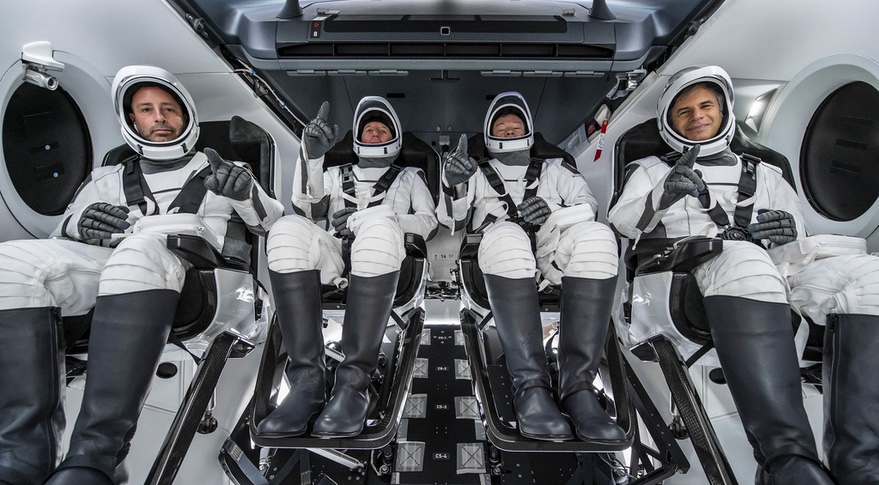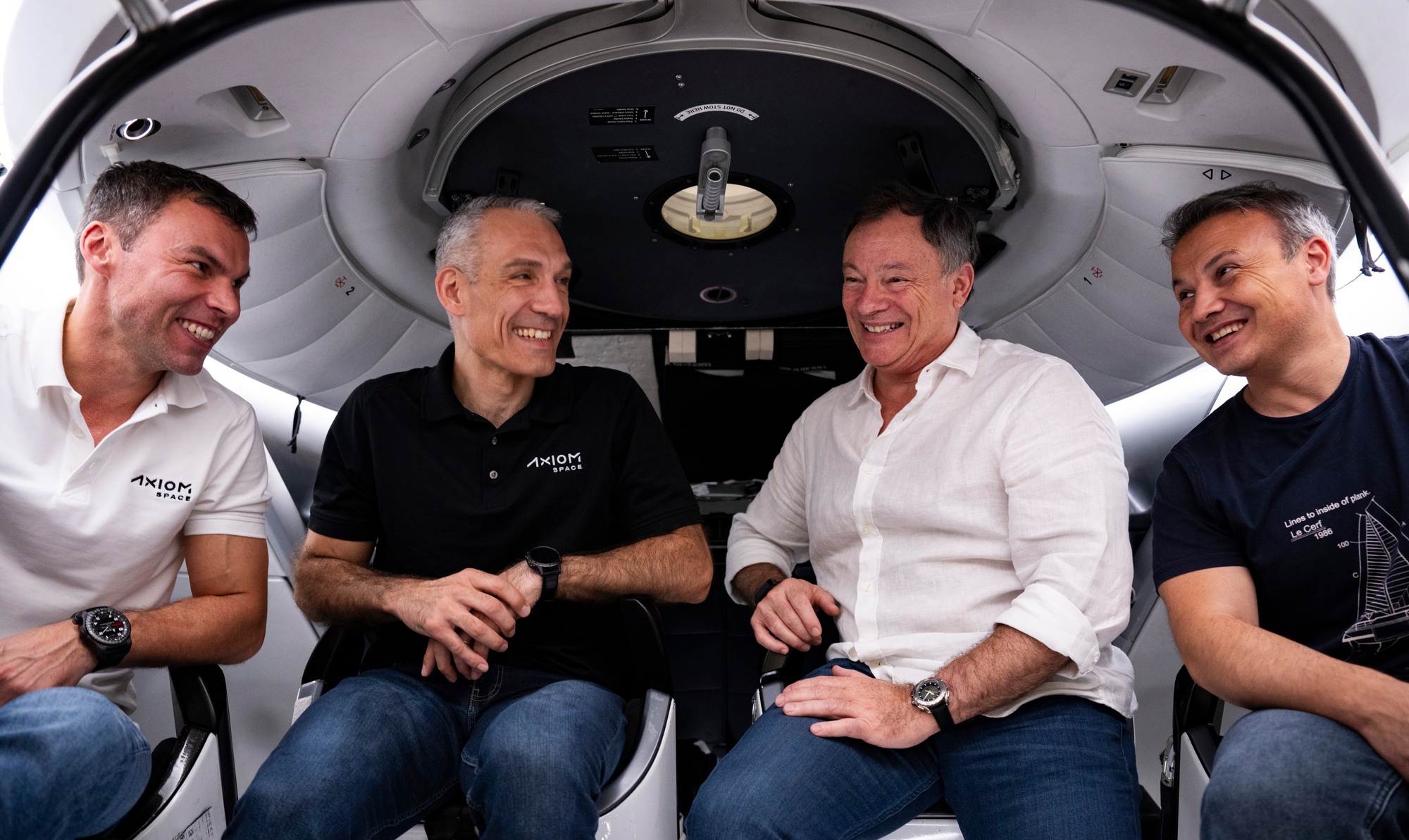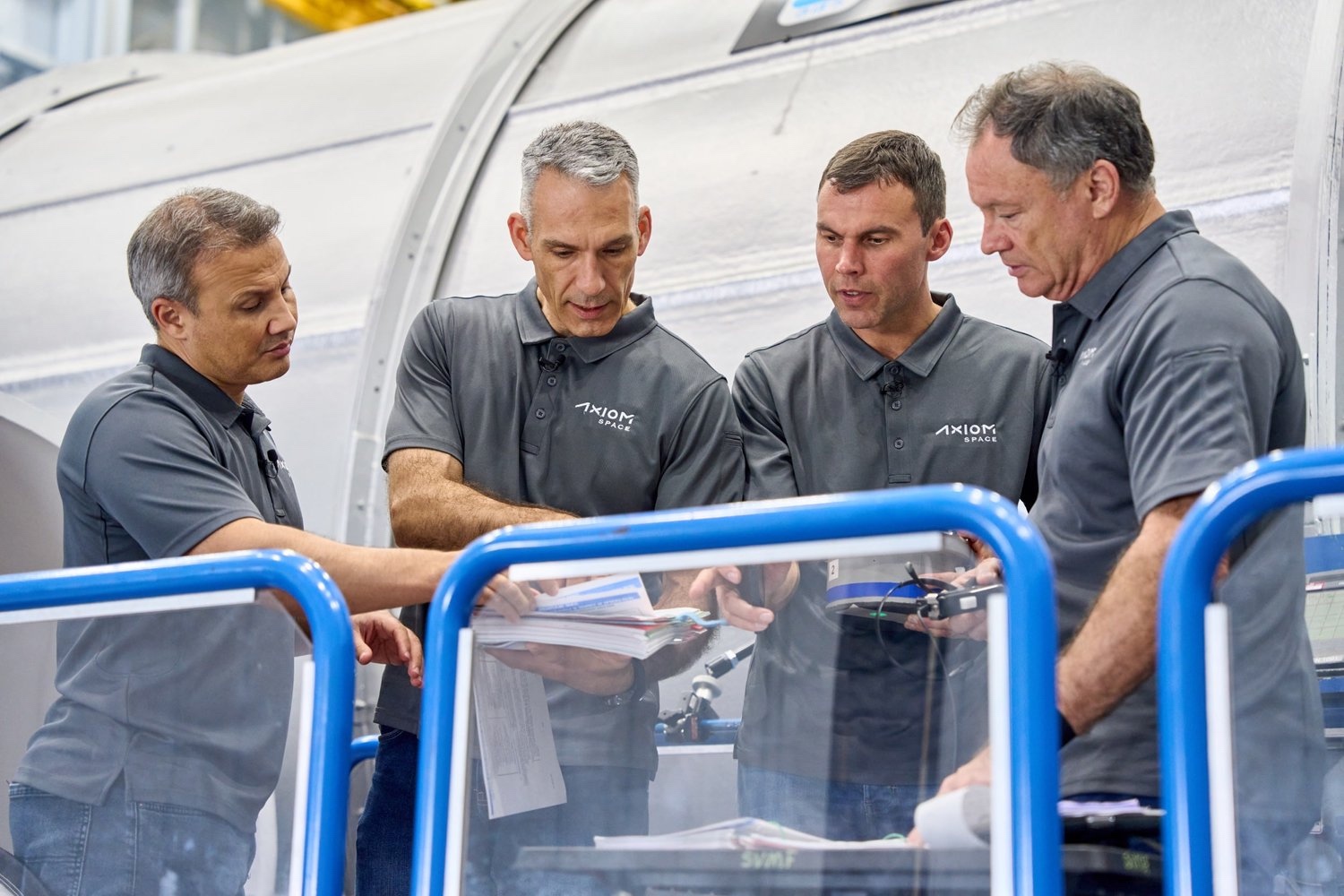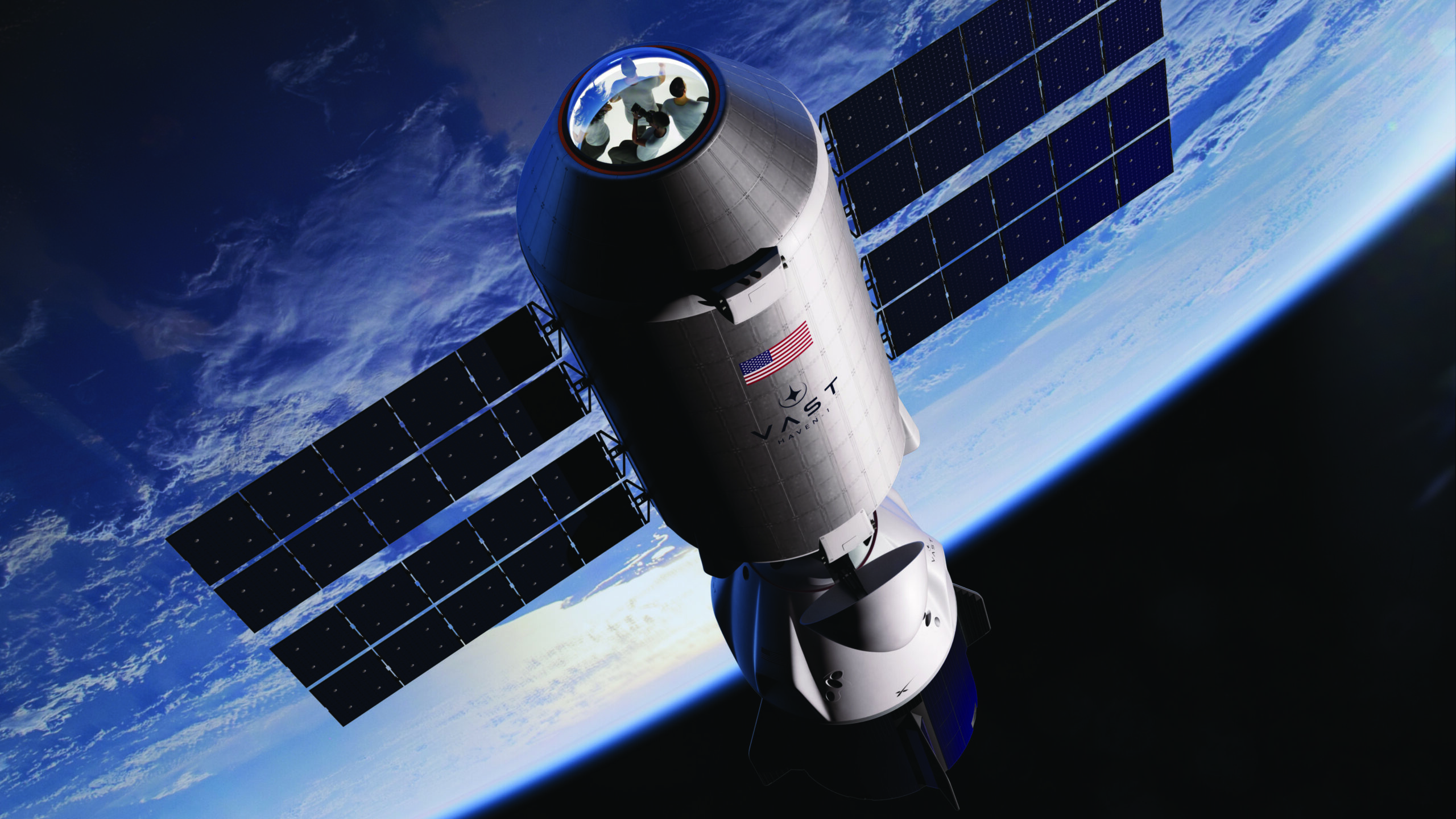A CNBC video about space commercialization. I think this is a compilation of other CNBC videos. There are no surprises for anyone who pays attention to this stuff, but it's always fun to consider the possibilities.
Taken from the top comment on the video:
00:04 Trillionaire potential in space economy
02:28 NASA's spacesuits face funding and safety challenges.
07:06 NASA awards contracts for space suit design and maintenance
09:13 Advancements in spacesuit technology and design for space exploration
14:07 Space commercialization enabling new countries to participate
16:13 International Space Station's future and impact on research
20:23 Privatization of space stations and cost-saving for NASA.
22:20 Axiom plans to use SpaceX for crewed missions to the ISS and aims to build a cheaper space station
25:59 Private sector companies racing to launch commercial space stations before ISS retirement
28:04 China seems to be winning the race for a permanent presence in low Earth orbit and the moon.
32:29 Space mining is a long term endeavor with limited commercial support.
34:39 Space mining goes beyond precious metals to include valuable materials like water and helium.
38:37 Space mining company TransAstra is developing technology and securing contracts for its space missions.
40:35 Space mining technology and its potential impact on Earth
44:15 Space mining laws are unclear and vary by country
46:17 Asteroid mining poses challenges in resource identification and market impact










